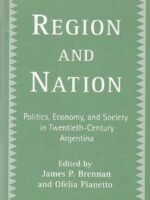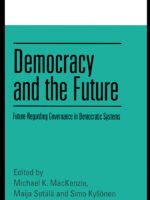The political and economic transformation now emerging in Latin America, as some countries eschew rigid ideologies and adopt a more pragmatic combination of neoclassical orthodoxies and progressive social policies.
Neither socialism nor free-market neoliberalism has been a very helpful model for Latin America, writes Javier Santiso in this witty and literate reading of that region’s economic and political condition. Latin America must move beyond utopian schemes and rigid ideologies invented in other hemispheres and acknowledge its own social realities of inequality and poverty. And today some countries–notably Chile and Brazil, but also Mexico and Colombia–are doing just that: abandoning the economic magic realism that plots miraculous but impossible solutions and forging instead a pragmatic path of gradual reform. Many Latin American leaders are adopting an approach combining monetary and fiscal orthodoxies with progressive social policies. This, says Santiso, is the silent arrival of the political economy of the possible, which offers hope to a region exhausted by economic reform programs entailing macroeconomic shocks and countershocks.









Be the first to review “Latin America’s Political Economy of the Possible”